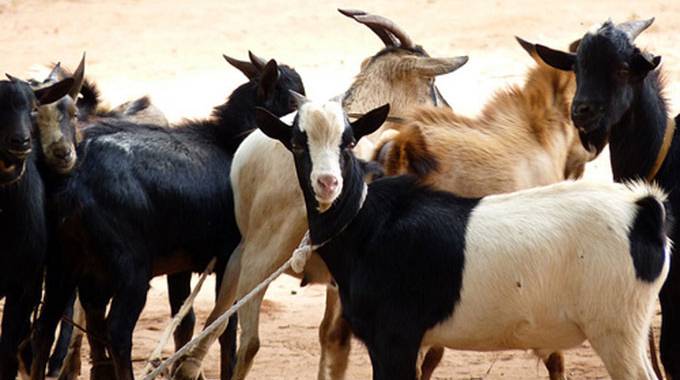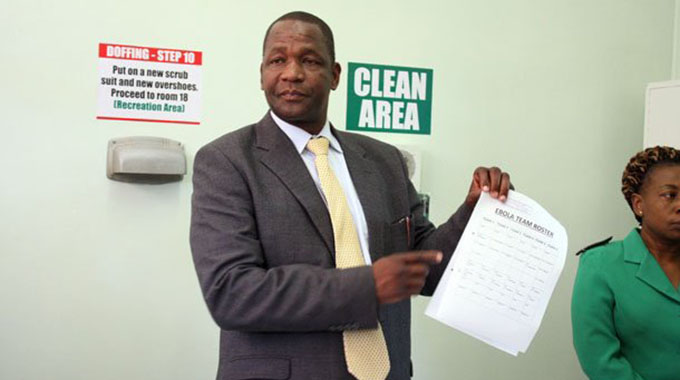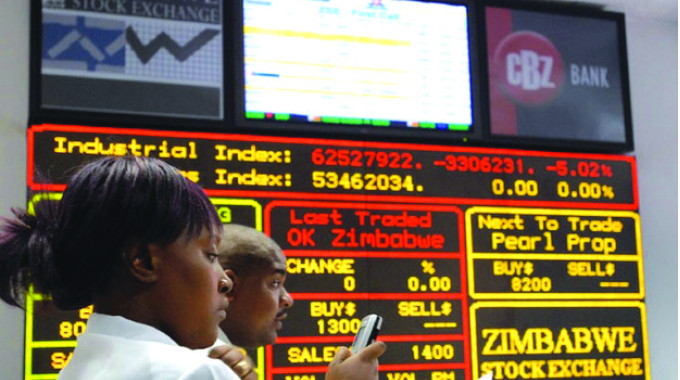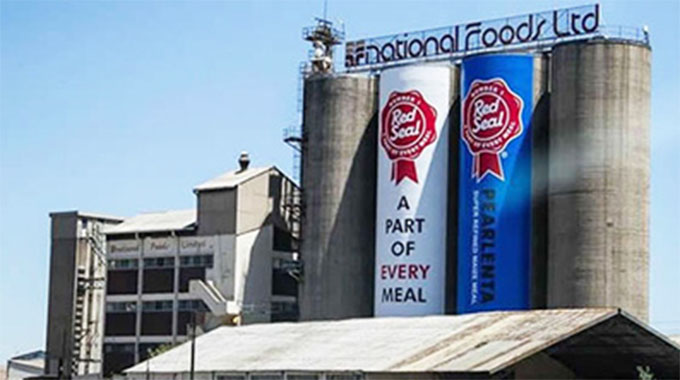Goat Indaba 2019 on next week

In line with its objective of promoting the breeding of goats in Zimbabwe, the goat value chain will be under the spotlight at the inaugural Goat Indaba hosted by the Goat Breeders Association of Zimbabwe, on Wednesday 18th September at Henderson Research Institute, Mazowe.
The Launch of the Zimbabwe Agricultural Growth Programme Goat Value Chain Initiative will also take place on the same day.
GBAZ was established in 2018 to drive production and management of goats and establish standards for goat breeding in Zimbabwe.
The Association seeks to address challenges in the goat industry such as the absence of a formal structure, lack of economies of scale, training and value chain integration, low commercialisation, poor networking and institutional framework.
It is estimated that the goat population in Zimbabwe is more than 3,8 million head, 95 percent of which are in the smallholder sector. Global consumption of goat meat is on an upward trend and consumption in Africa has increased to almost 400 million tonnes per annum.
In Zimbabwe, the local demand for goat meat is not being met by producers and there is huge potential to grow the sector. Goat production requires small parcels of land and if managed well, they can provide food security, nutrition and poverty alleviation as well as mitigate against climate change.
Key functions of GBAZ include capacity building of members through training, dissemination of relevant and crucial sector information, advocacy and lobbying initiatives with policy makers for the creation of a viable goat industry.
GBAZ is run by a Council elected under the Constitution and By-laws of the Association and breed standards for Boer, Kalahari Red and Savanna goats have been developed for the Zimbabwean Goat Herd Book. The Association is also establishing affiliations with goat breeding societies in South Africa and Namibia.
The value proposition of GBAZ is on strengthening business viability of members through organising like-minded members within and across geographic spaces for commercialisation purposes.
GBAZ is affiliated to the Zimbabwe Herd Book which oversees the registration of pedigree livestock and the submission of performance data such as birth notifications, weights etc for stud breeding. The registration process provides assurance of the breeding history and adherence to breed standards of pedigree animals.
The goat industry has huge potential for development of both large- and small-scale commercial farmers given that goats are resilient and prolific breeders that require minimal management.
In order to maximise the profitability of goat farming, “Transforming Goat Production to Commercialisation” is the theme for this first Indaba. Stephan Botes, chairman of the Boer Goat Breeders’ Society of Namibia will be making a presentation about breeding, production and marketing of goats in Namibia and how Zimbabwe can learn from their experiences. Joe Sikosana is a renowned local expert on goats and will talk about indigenous goat breeds in Zimbabwe and their adaptability to the harsh dry environment.
A panel of technical experts and key players in the goat industry will lead the open discussion in the afternoon and impart knowledge, expertise and tools on goat production on nutrition, goat health, husbandry and forages and participating farmers will have an opportunity to learn how to manage their goat farms.
In addition, the indaba will to discuss ways of improving breeds and addressing bottlenecks that have hampered commercialisation of small and medium scale goat producers
The Goat Value Chain Initiative under the European Union funded Zimbabwe Agricultural Growth Programme will also be launched at the Indaba.
The project will run for four years and is being implemented by ActionAid Zimbabwe with the support of COSV and Mercy Corps together with two private integrators, namely Michview Enterprises and Zvikomborero Farm. The project is supported by Matopos and Grasslands Research Institutes in the areas of research on fodder, cost saving feed and goat breeds.
The aim of the initiative is to improve the capacity of smallholder farmers to improve their goat production and productivity, access to markets and organisational efficiencies.
Interventions for the Goat Value Chain include the establishment of up to twelve goat improvement centres in districts across the country to provide business support services such as hands-on training for goat farmers.
Goat Holding Centres will also be established to enable abattoir operators and supermarkets to buy goats in bulk.
The initiative will have positive economic opportunities for smallholder goat producers and develop the commercialisation and growth of goat breeding.
The indaba will highlight the commercial opportunities in the goat value chain, create knowledge through cross-learning and sharing best practices with goat production experts from Zimbabwe and Namibia and facilitate networking between goat farmers, input providers and support service providers.
The Goat Indaba will engage goat value chain players in crafting the GBAZ service charter outlining the value-adding services and approaches to collective action strategies for delivering valued services to members.
The Goat Indaba “Transforming Goat Production to Commercialisation” is open to everyone interested in goat farming. Exhibitors will also showcase their goat stockfeed and animal health products.
The one-day event starts with tea and registration at 07.30am and costs ZWL 100 per person including teas, a hot lunch and an information pack. Join goat farmers, experts and other stakeholders in an informative day of discussion and networking on goat production.








Comments